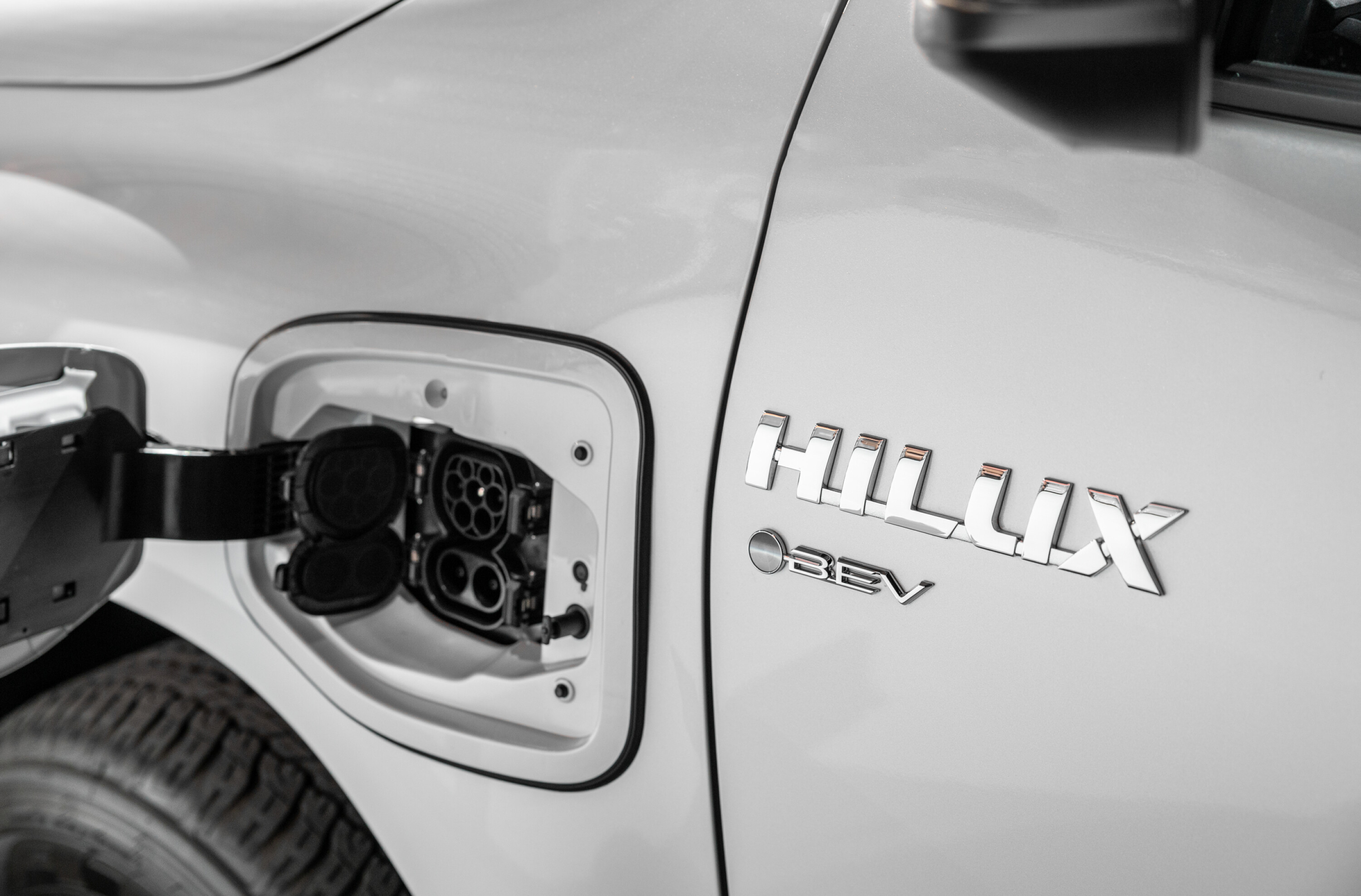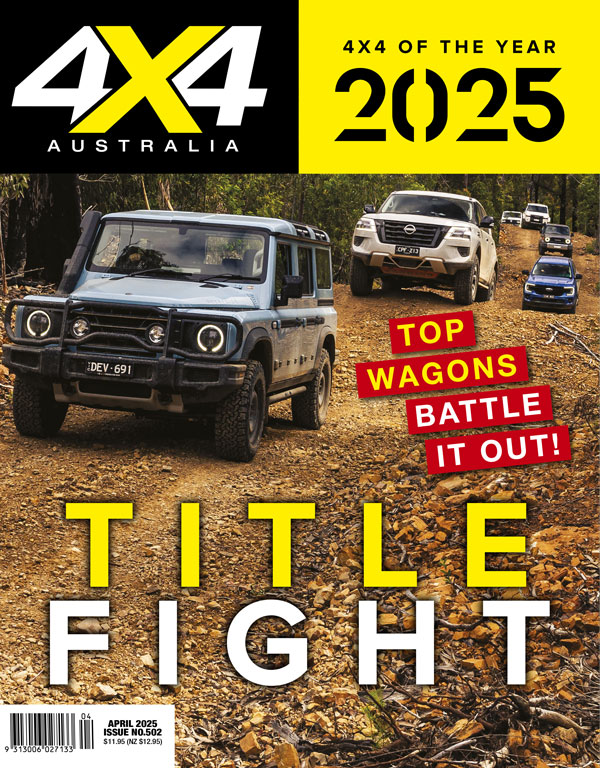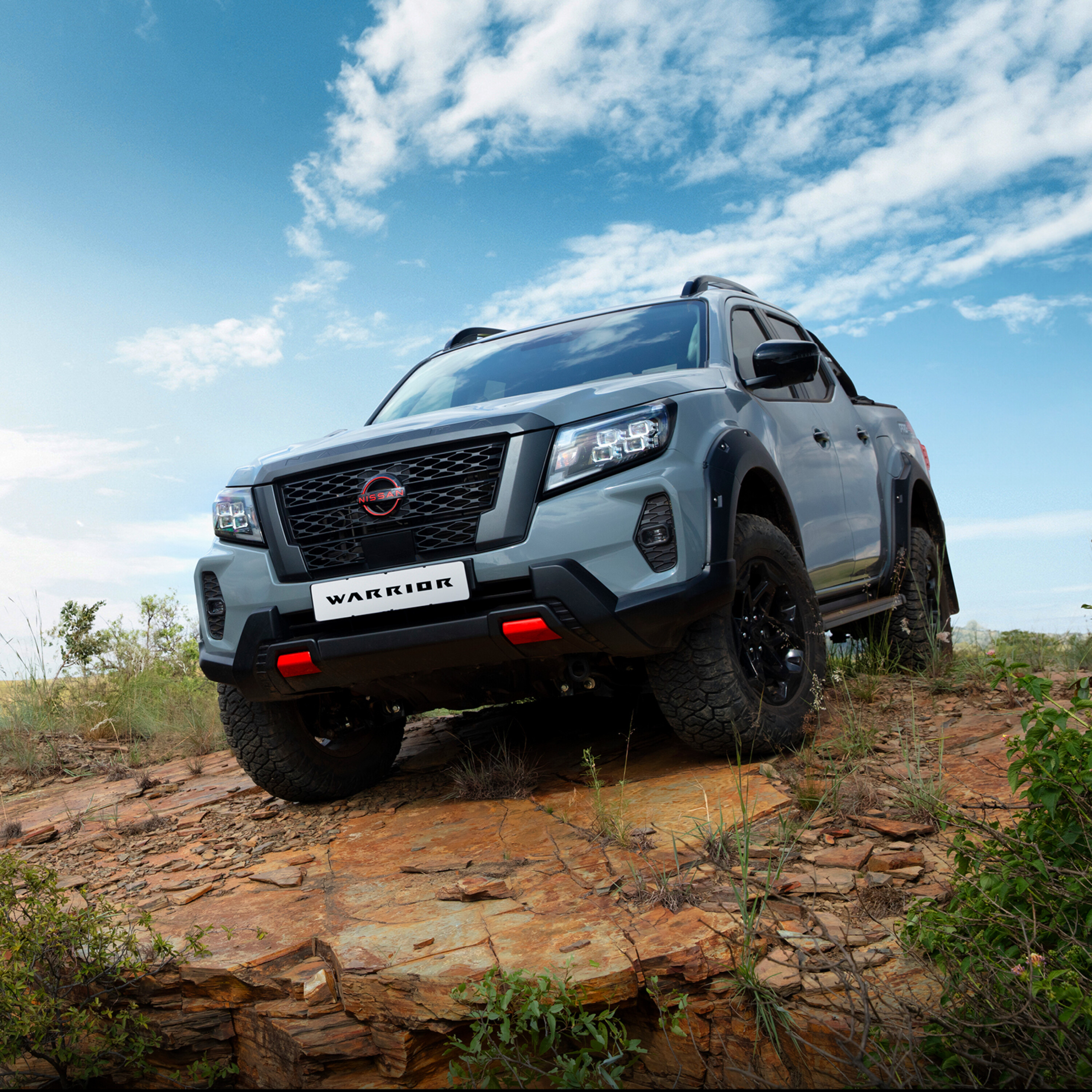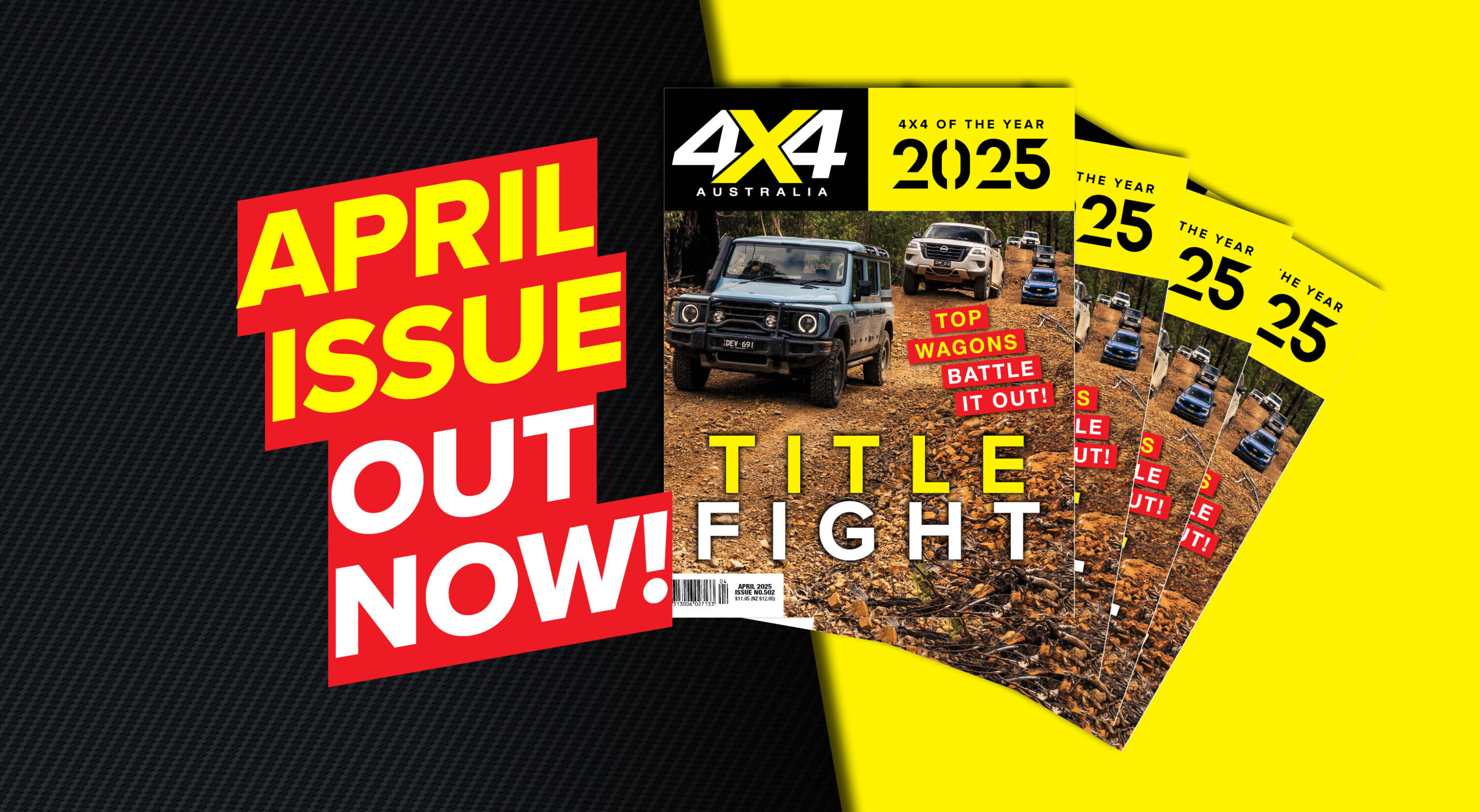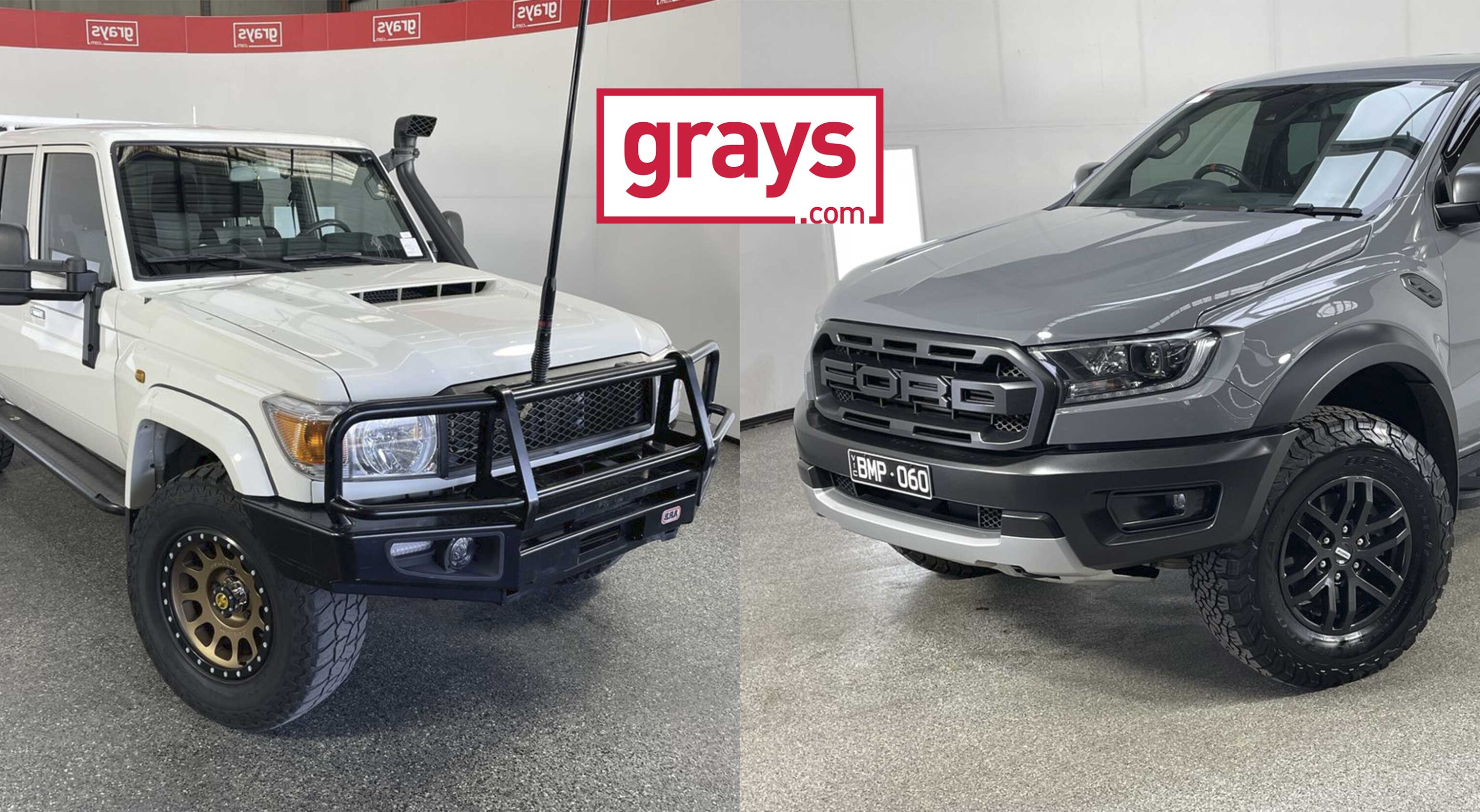What I’m really hanging out for is exactly the same thing that everybody’s asking the question about, and that is a load-carrying, trailer-towing, remote area off-road capable HiLux 4×4 with zero tailpipe emissions. What a vehicle that would be – and it’s possible.”
That’s Sean Hanley, Toyota Australia VP sales, marketing and franchise operations, talking about his ideal electric vehicle at Toyota’s 2023 new-vehicle showcase headlined by the 250 Series Prado and an electric HiLux ute concept called the Revo BEV.
“As you’d expect, with a Hilux from Thailand, [the Revo] concept for you is a short-range, city-focused focused BEV. It’s two-wheel drive with a battery that’s probably similar in capacity to the BZ4x”, said Hanley.
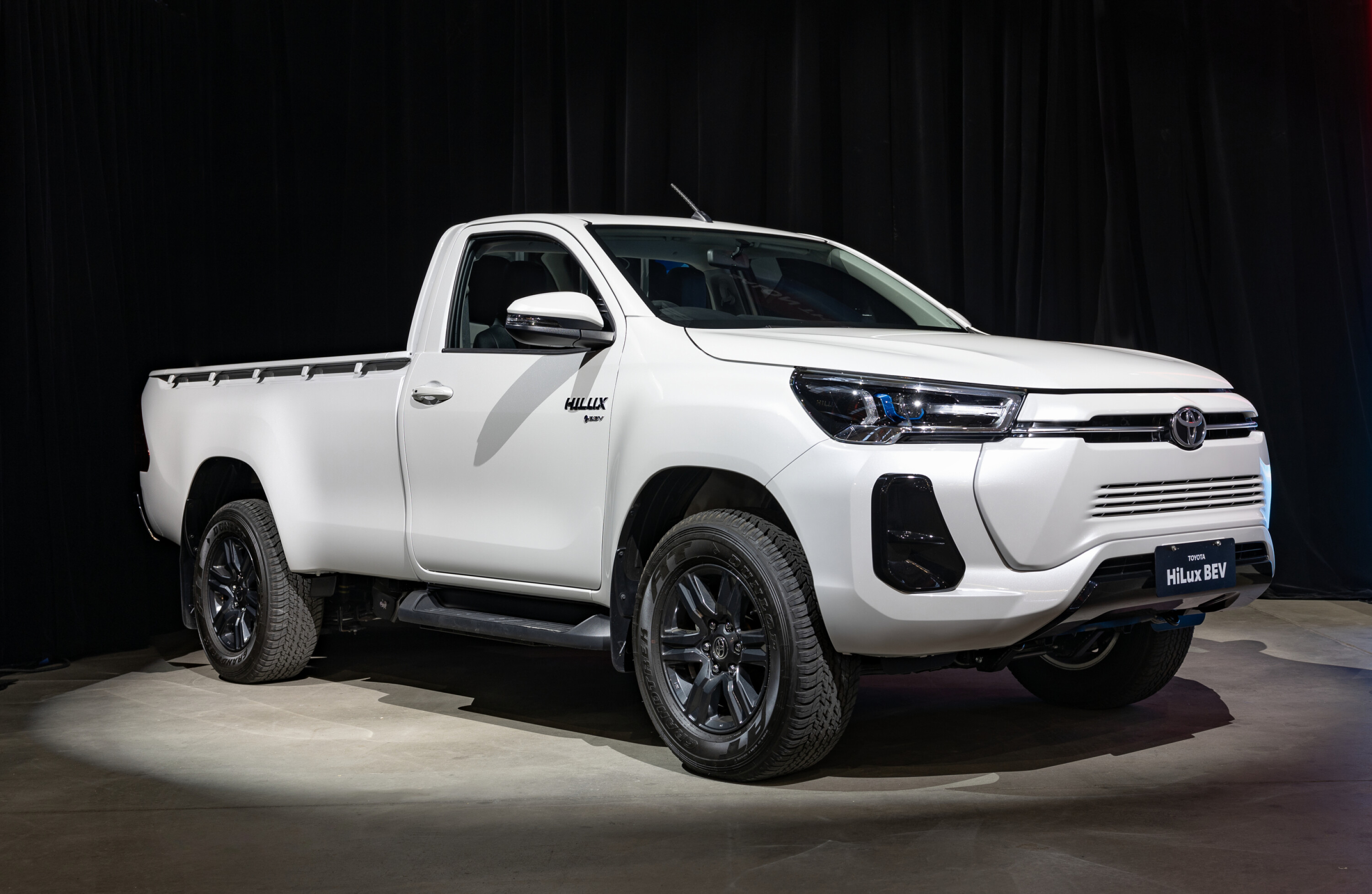
Although Toyota hasn’t detailed the Revo’s range and power stats just yet, it’s safe to assume that it isn’t designed to tow a caravan across the Australian outback.
“Rest assured, Toyota is working on it”, says Hanley, “a breakthrough work on solid-state batteries may come to the fore. And maybe, just maybe there’s another solution. Perhaps this is where hydrogen fuel cells could come into their own.”
A hydrogen-powered Toyota HiLux is already in development in the UK, but advancements in solid-state batteries could prove even more useful than bulky hydrogen for a true electric HiLux.
With significantly greater energy density than liquid cathode lithium-ion batteries common today, solid-state batteries promise greater driving range but that’s just the beginning. They should also be less susceptible to damage, and provide faster charging – MG claims its solid state battery pack will get from 10-80 per cent in just 10 minutes.
“This is where it’s very interesting because right now, we don’t have that [technology] clearly, we don’t have it. But in Australia, you’ve gotta get there otherwise who’s going to buy these cars?” said Hanley.
“Honestly, who’s gonna buy a vehicle to go off-road with, tow with, and have 800km [driving range] if it’s going to be $100,000 and doesn’t do half?” he added rather passionately.
When prompted for a minimum acceptable range, Hanley didn’t name a number but said: “You certainly want it up there, I mean, people don’t want to compromise.
“Charging infrastructure won’t be an issue for Toyota because we’ll have it everywhere. And I think that that’s going to expand naturally anyway around the place…I don’t experience any range anxiety [in my Lexus RZ], because I ABC – Always Be Charging.
“What I am saying is, [that example is] a different scenario to if you’re going to be towing a big caravan and you want to go from Melbourne to North Queensland. And then you might decide to go from North Queensland across to Broome – that’s a totally different world for that customer”, Hanley pointed out.
For reference, in a Motor Trend [↗] tow test the gold standard electric ute, the Ford F-150 Lightning, dropped from its 500km range rating to just 161km when towing a 3278kg camper. And that’s from a huge 131kWh battery.
We recommend
-
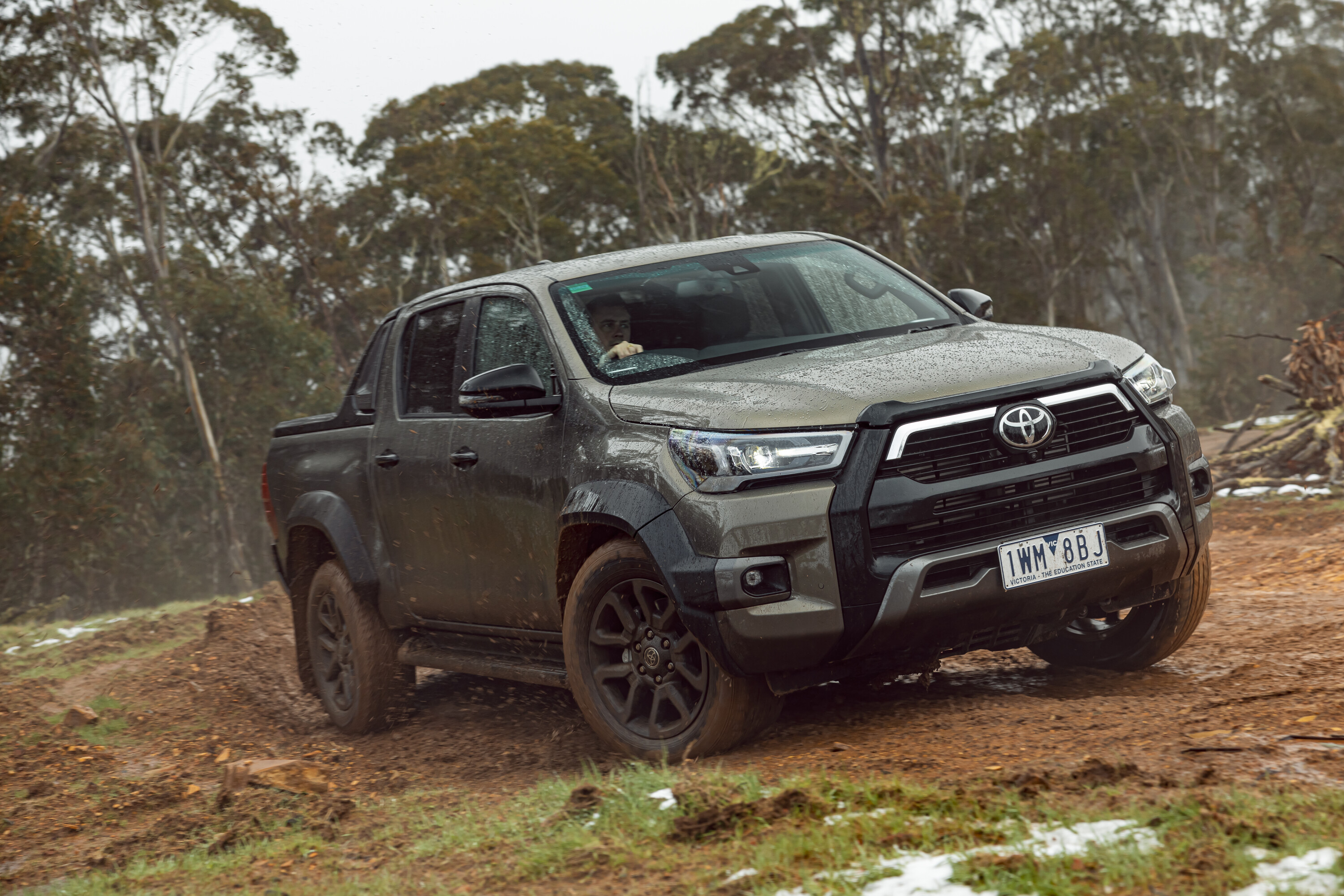 Reviews
Reviews2024 Toyota HiLux review: Full range detailed
The Toyota HiLux is one of Australia’s most popular vehicles. We review its price, interior, boot space, safety assists and performance
-
News
2025 HiLux Revo electric ute concept previews production EV
Shown off at Toyota Australia’s new vehicle showcase, big boss Hanley reckons it’s not the perfect zero-emissions ute just yet


